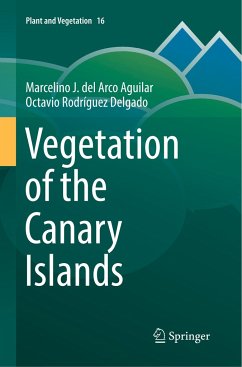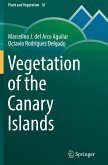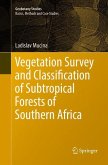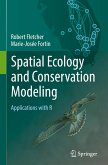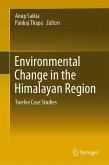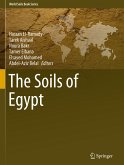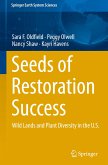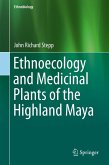The volcanic and oceanic nature of the Canary Islands, its rich plant biodiversity and high rate of endemism, as well as the relict character of some of its plant communities make it a territory of great biological interest.
The main geographic, climatic, bioclimatic, biogeographic and floristic features of the Islands are shown and related to the distributional pattern of potential communities along an altitudinal gradient. Current vegetation units and their ecology are described and illustrated with numerous pictures. Potential vegetation units are summarized and comprehensive maps of the potential natural vegetation for each island are given.
Human impact on the natural landscape, the occurrence of invasive plants, and the probable impact of climate change on the flora and vegetation are discussed. The conservation status of flora and vegetation are assessed.
Four appendixes include a syntaxonomical scheme, a brief history of botanical studies and explorations in the Islands, ethnobotanical notes, and a list of selected literature.
The main geographic, climatic, bioclimatic, biogeographic and floristic features of the Islands are shown and related to the distributional pattern of potential communities along an altitudinal gradient. Current vegetation units and their ecology are described and illustrated with numerous pictures. Potential vegetation units are summarized and comprehensive maps of the potential natural vegetation for each island are given.
Human impact on the natural landscape, the occurrence of invasive plants, and the probable impact of climate change on the flora and vegetation are discussed. The conservation status of flora and vegetation are assessed.
Four appendixes include a syntaxonomical scheme, a brief history of botanical studies and explorations in the Islands, ethnobotanical notes, and a list of selected literature.

